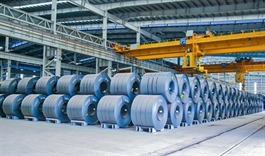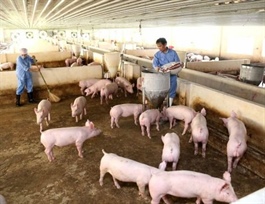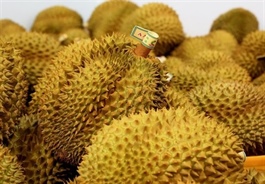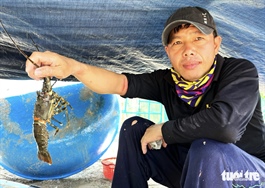Global shortage of rice creates big chance for Vietnam to boost exports: ministry
Global shortage of rice creates big chance for Vietnam to boost exports: ministry
The world is facing a shortage of seven million metric tons of rice as this year's global rice output is significantly lower than the expected consumption, smoothing the path for rice exporters, including Vietnam, according to the Vietnamese Ministry of Industry and Trade.
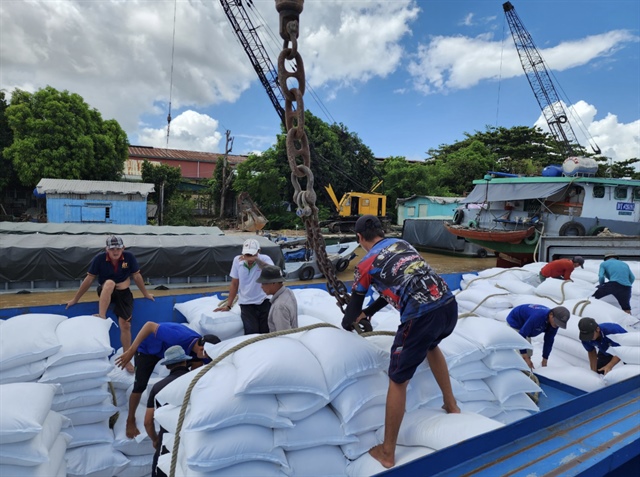
The world is facing a shortage of rice, opening a wider door for Vietnam to expand its rice exports. Photo: Buu Dau / Tuoi Tre |
The ministry made the remarks in its recent report sent to the prime minister on rice imports in the past and in the coming months.
The ministry cited a forecast from the United States Department of Agriculture (USDA) predicting that the global rice supply will no longer be abundant, which is owing to a projected drop in India's rice yield by four million metric tons compared to the previous crop, despite India accounting for 40 percent of global rice exports.
Other rice exporters such as the Philippines, Indonesia, Thailand, and Cambodia were forecast to have their outputs decrease due to the El Niño weather phenomenon and climate change.
The global rice supply in 2024 was estimated to reach nearly 518 million metric tons, while the total consumption might amount to 525 million metric tons, resulting in a lack of seven metric tons.
The shortage is expected to open a wider door for Vietnam and other rice exporters to increase their rice shipments.
According to the Food and Agriculture Organization of the United Nations, the rate of countries and territories that fail to guarantee food security reaches as many as 30.4 percent of the global population.
Nearly 30 nations have either restricted or banned food exports to ensure domestic consumption.
The Vietnamese ministry said that Vietnam is negotiating with its import partners to sell rice and build a sustainable rice trading environment for enterprises.
In addition, Vietnam is expanding its negotiation and cooperation on rice trading activities with new markets.
Despite multiple common global challenges such as extreme weather, downpours, floods, and natural disasters, Vietnam is expected to overcome the hardship to access several markets and become their main rice supplier.
However, a headache for the Southeast Asian nation is severe salt intrusion in the Mekong Delta region, Vietnam’s largest rice-growing hub, said the ministry.
The saline intrusion will affect the output of the summer-spring rice crop this year.
Amid global economic uncertainties, the ministry urged relevant agencies and local exporters to keep a close watch on the global situation and determine the needs of major markets such as the United States and the European Union before pricing and shipping rice.







